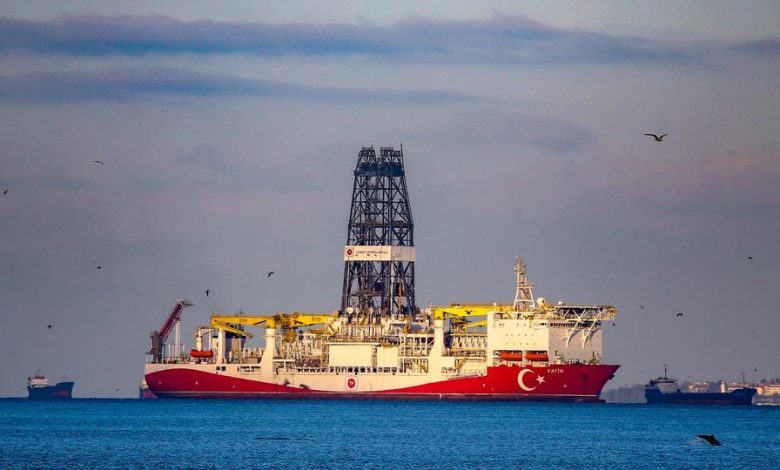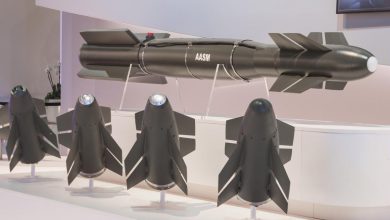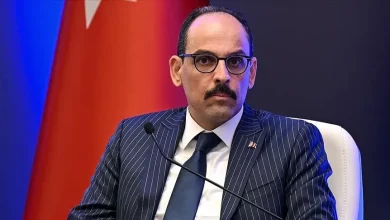Analysis: Israel-Egypt-EU deal temporary but Türkiye p/line offers long-term solution

Europe needs as many alternative sources as possible, expert says
The current gas deal between Israel, Egypt and the EU falls short of providing a long-term solution for sufficient gas flow that an Israel-Türkiye pipeline could, according to Elai Rettig, an assistant professor in Political Studies at Bar-Ilan University.
The current deal only adds an extra 2 billion cubic meters (bcm) of Israeli gas in the immediate future, Rettig told Anadolu Agency.
This gas volume will first be processed in Egypt’s LNG facilities and then transmitted to Europe. However, according to Rettig, the existing infrastructure severely limits how much Israeli gas can flow into these facilities.
“There are major bottlenecks in the pipelines leading from Israel to Egypt because the same pipelines are used for Israel’s domestic market as well,” he said.
The problem is further compounded during the hot summer months when both Israel and Egypt need more gas for electricity generation, leaving less pipeline capacity at LNG facilities.
Rettig maintains that the only solution is to build a new underwater pipeline that runs directly from Israel’s gas fields to the two LNG facilities in Egypt.
Nonetheless, he said this would take a few years to accomplish, and in any case, even then there would not be enough gas to replace Russian supplies to Europe.
“Europe needs as many alternative sources as possible. The more export deals are made, the more infrastructure will be built, the bigger the chances are that new energy companies will come to look for more gas in the East Mediterranean,” Rettig said.
Rettig said that although LNG offers a temporary solution for an immediate crisis with Europe attempting minor deals with Qatar, Nigeria and the US, among others, it is still an expensive option.
He recommended that if Europe wants a long-term solution, it will need more pipelines, offering a cheaper and more stable source of gas than LNG.
“Türkiye will be the main transit through which these new pipelines will reach Europe, whether they will come from Azerbaijan, Iraq, Iran, or perhaps Israel and the East Mediterranean. A pipeline from Israel to Türkiye could be 10-16 bcm per year, depending on the width of the pipeline, and it would be cheaper gas than LNG,” he said.
Rettig conceded that any Israeli gas would not go directly to Europe through Türkiye.
“The most we’re talking about here is ‘swap’ deals, in which Türkiye would purchase Israeli gas to supplement its supply problems in the southeast, freeing up more Azerbaijani gas and other gas sources to flow towards Europe instead of being consumed in Türkiye,” he said.
He added that the net result would be more gas for Europe, but this would not necessarily have to be ‘Israeli gas molecules’ through the Trans-Anatolian Natural Gas Pipeline (TANAP) in Turkey, a central part of the Southern Gas Corridor, which connects the giant Shah Deniz gas field in Azerbaijan to Europe through the South Caucasus Pipeline and the Trans Adriatic Pipeline(TAP).
“For Europe, it doesn’t make a difference. The more gas Israel sells to Türkiye, the more gas is freed for Türkiye to sell to Europe,” he concluded.





